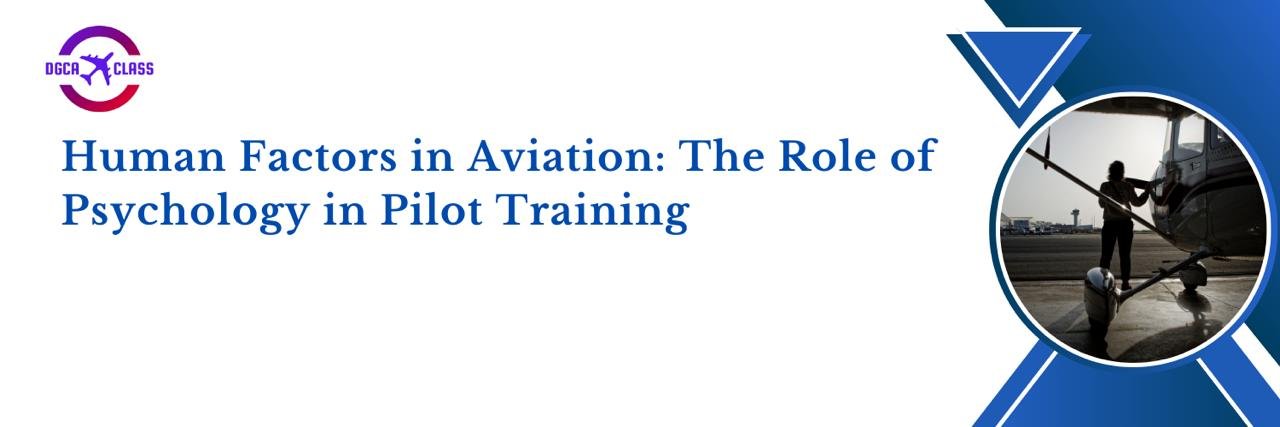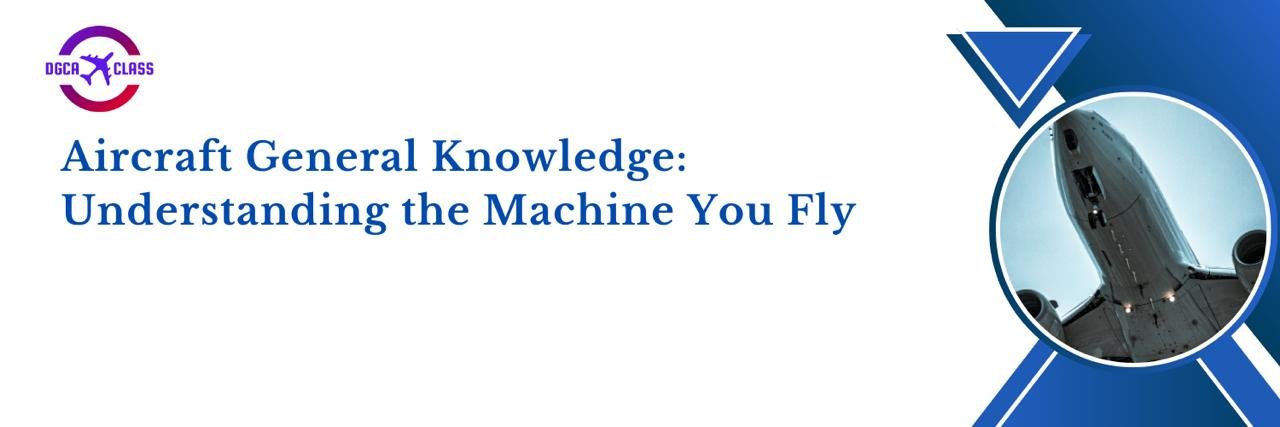
Human Factors in Aviation: The Role of Psychology in Pilot Training
The IndiGo Cadet Pilot Program is one of the most sought-after aviation training programs for aspiring pilots. Designed to provide world-class training and ensure proficiency, this program focuses on both technical skills and human factors in aviation. Understanding the psychological aspects of pilot training is crucial in shaping competent and efficient pilots. In this blog, we explore how human factors influence the IndiGo Cadet Pilot Program and the role of psychology in pilot training.
The IndiGo Cadet Pilot Program is an integrated aviation training program that prepares candidates for a successful career in aviation. Partnering with renowned training organizations such as CAE, L3Harris, and Skyborne, this program ensures that candidates undergo rigorous training.
Human factors in aviation focus on psychological, physiological, and behavioral aspects that influence pilot performance. The IndiGo Cadet Pilot Program integrates human factor studies to ensure pilots can handle real-world challenges efficiently.
Pilots often operate in high-pressure environments. The IndiGo Cadet Pilot Program includes simulations to train cadets in decision-making under stress. Quick and accurate decision-making is critical in avoiding flight hazards.
Situational awareness is the ability to perceive, understand, and predict flight conditions. Through advanced training, the IndiGo Cadet Pilot Program enhances situational awareness, helping pilots make informed decisions.
Effective teamwork and communication are essential in aviation. The IndiGo Cadet Pilot Program emphasizes CRM training, ensuring cadets understand how to collaborate with co-pilots, air traffic controllers, and cabin crew.
Aviation is a high-stress profession, making stress management crucial. The IndiGo Cadet Pilot Program includes modules on stress mitigation techniques, ensuring pilots remain calm and focused during flights.
Psychological training is integral to the IndiGo Cadet Pilot Program. Understanding cognitive functions, emotional control, and behavioral responses helps shape well-rounded pilots.
Pilots must exhibit high emotional intelligence to handle emergencies calmly. Psychological training in the IndiGo Cadet Pilot Program enhances resilience, ensuring pilots can maintain composure in challenging situations.
With advancements in aviation psychology, future pilot training will integrate:
The IndiGo Cadet Pilot Program is not just about flying—it’s about mastering human factors that influence flight safety. By incorporating psychology into pilot training, the program ensures that cadets develop essential cognitive and emotional skills. Future pilots trained under this program will not only excel in technical knowledge but also in decision-making, stress management, and situational awareness, making them invaluable assets to the aviation industry.
Lorem ipsum dolor sit amet conse ctetur adip iscing elit justo quis odio sit sit ac port titor sit males dolor sit consectur dolor.

2025-02-22 19:59:57

2024-05-27 15:24:21
-1740407791.jpeg)
2025-02-24 20:06:31
-1740407028.jpeg)
2025-02-24 19:53:48
-1739894502.jpeg)
2025-02-18 21:31:42
-1739896979.jpeg)
2025-02-18 22:12:59
-1740212977.jpeg)
2025-02-22 13:59:37

2025-02-21 21:48:39